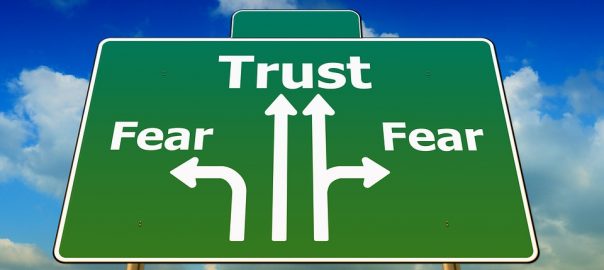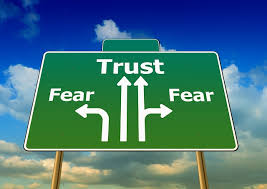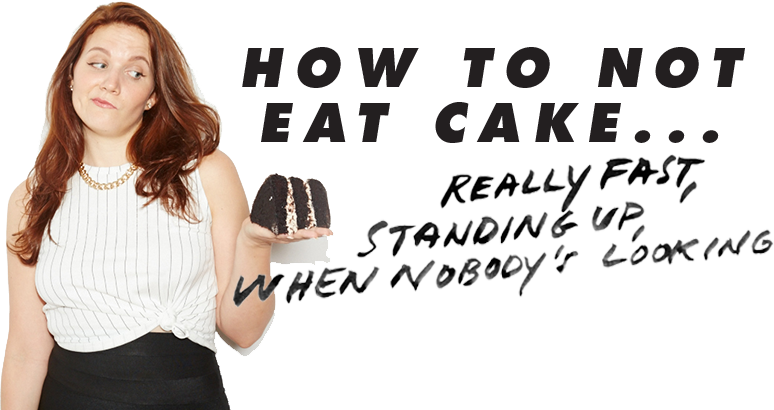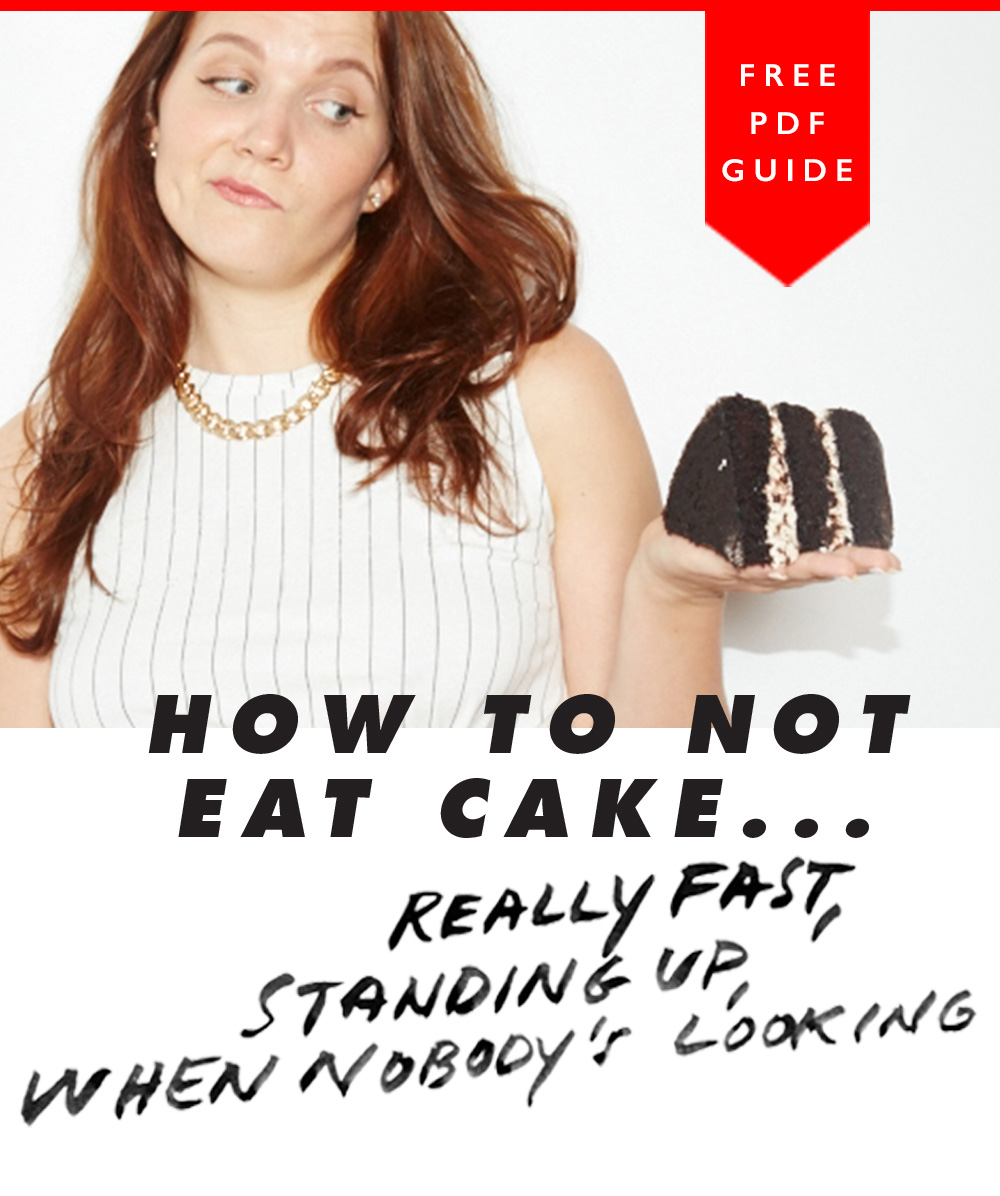
Don’t “trust yourself” with food? Read this.
 I often hear clients say they have trouble letting go of restrictions around food, because they don’t “trust themselves.”
I often hear clients say they have trouble letting go of restrictions around food, because they don’t “trust themselves.”
The implication here is that they don’t trust themselves not to eat “too much” of whatever food they’ve been restricting, essentially making “self-trust” synonymous with “self-control.”
The thing is, in all of the literature I’ve read about self-trust, I’ve never once heard it compared with self-control—in fact, these intentions are often described as fundamentally incompatible.
If successfully controlling what you eat—or consistently making some mythical “right” choice—was a requirement for self-trust, no one would trust themselves;
in fact, I can’t think of anything more anxiety-provoking—I can’t think of anything that would spur on more self-doubt—than the pressure to control or create a certain “acceptable” outcome.
Self-trust guru, Sheryl Paul, says frequently, “the minute we decide that there is a “right” thing that we “should” do—trust becomes impossible; from that belief, there is nothing but fear.”
In practice, self-trust is only possible when we reject the notion of “right choice” or “right outcome,” and instead, focus on being in authentic relationship with ourselves—focus on the present-moment process of self-connection—without the blinding pressure of needing the resulting outcome to look a certain way.
Self-trust flows freely when we practice letting go of outcomes with food and body, and instead, commit our attention to:
…our intuitive, present-moment needs (more on this here);
…the ongoing process of exploring and being curious about ourselves and our desires;
…getting to know ourselves—checking in with ourselves;
…being in ongoing relationship with with that very thing we so badly want to trust—with no goal in mind other than the joy of relationship and connection itself.
Like this post? Sign up here for free weekly(ish) coaching emails.

